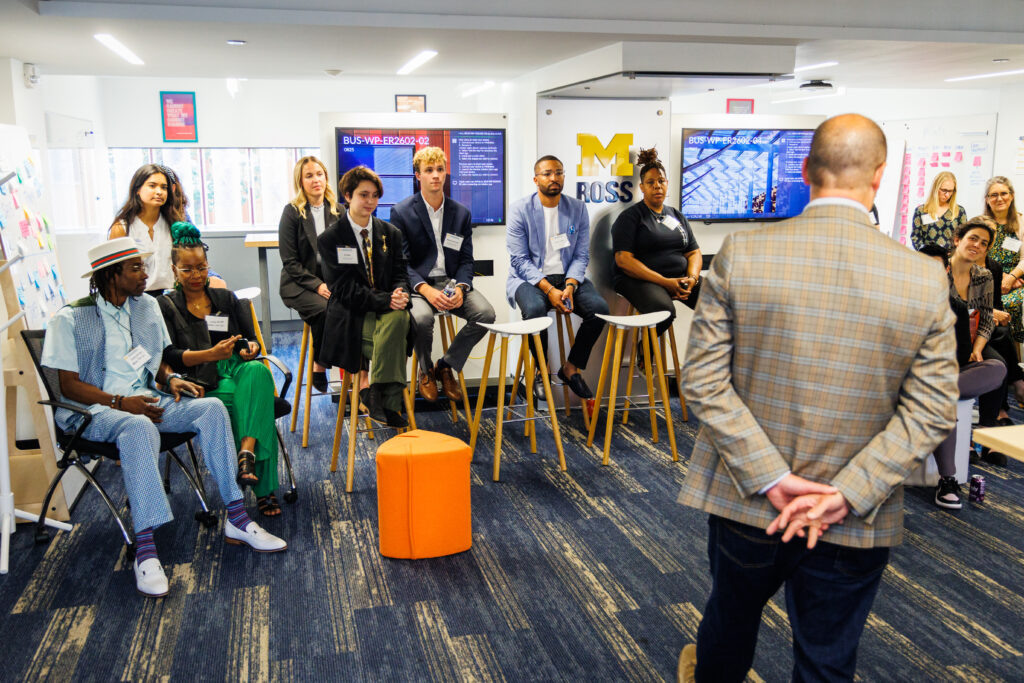The Detroit Neighborhood Entrepreneurs Project moves to the Ross School, but has always been a collaborative effort involving faculty from Ford, Ross and other schools as well as students from across campus. This includes those from the College of Engineering, Stamps School of Art & Design, Law School and School of Information.
-
August 23, 2022
U-M students put skills to work through summer internship program, helping Detroit communities
When it comes to small businesses, the community is more than just a customer base. They are neighbors and friends, and many of these businesses prioritize giving back to their communities in some way. And in the reverse, the community supports these businesses through difficult times.
-
September 7, 2021
U-M awarded grant to support Detroit entrepreneurs in bridging digital divide
The project builds on Tawanna Dillahunt and Julie Hui’s partnership with the Friends of Parkside to pilot a “community tech worker” program to assist seniors requiring technology-related support. Tech workers will be embedded at Jefferson East to develop a sustainable, useful model that will help bridge the digital divide for small businesses.
-
March 8, 2021
Mutual benefit guides U-M’s work with Detroit partners
The task force’s report on engagement in Detroit is used as a guide across campus to ensure that research and engagement projects are conducted in an equitable and mutually beneficial manner. The task force was chaired by Robert Sellers, vice provost and chief diversity officer, and included representatives from all areas of campus.
-
March 8, 2021
U-M’s partnerships, initiatives in Detroit on the rise during pandemic
The variety and volume of the efforts are a collaboration with Detroit’s neighborhoods, its community organizations and its residents. While the specific goals and partners of each effort vary, all of the work aims to help boost the vitality of Detroit and the region.
-
June 26, 2020
Wilson Foundation supporting U-M students working with Detroit businesses.
Modeled after a design studio, small teams of students will work with a portfolio of business owners within certain industry sectors to identify immediate needs and develop solutions. This approach should allow students to perform substantive work without overly burdening business owners who may be in crisis.


